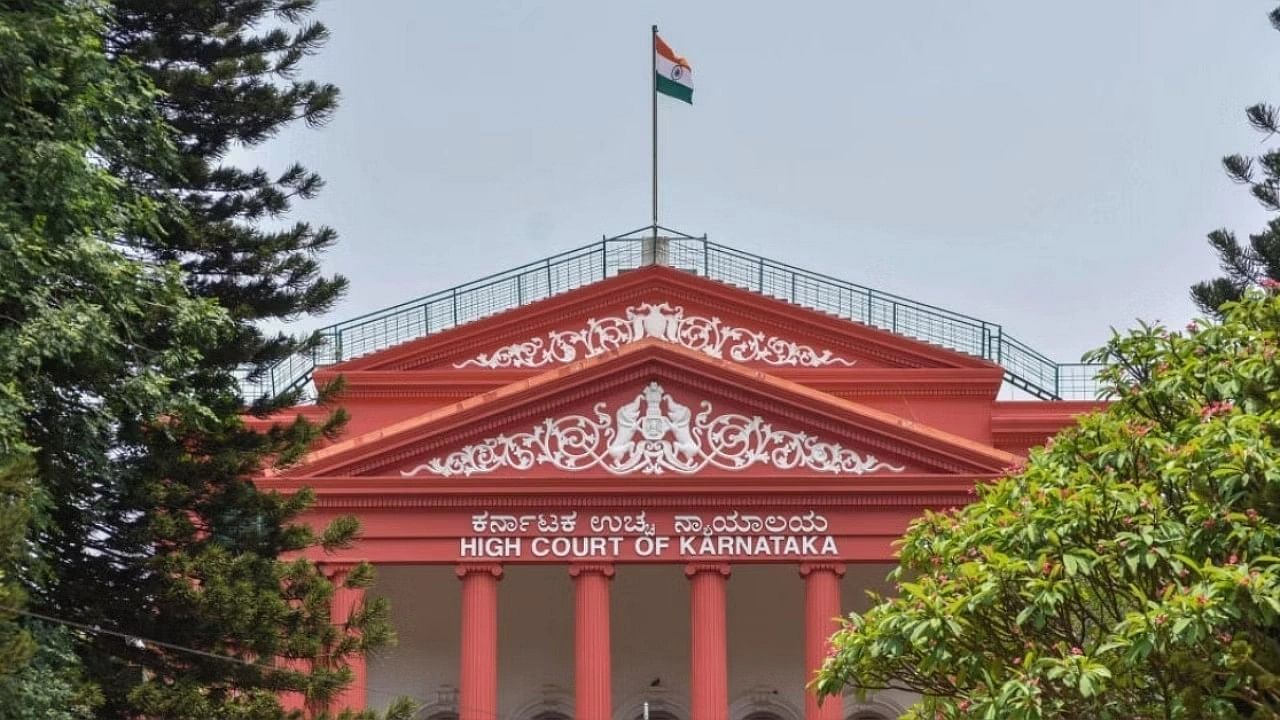
The Karnataka High Court.
Credit: DH File Photo
Bengaluru: The Karnataka High Court has recalled an order after noticing that even browsing and downloading child pornography is punishable under the Information Technology (IT) Act.
“Errors do happen; to err is human; we Judges are also humans, infallibility is not known to humanity and, therefore at times we are fallible,” Justice M Nagaprasanna said while restoring the petition.
The court heard the matter afresh and permitted the police to continue with the investigation.
The petitioner M Inayathulla, resident of Hosakote town, had moved the court challenging the registration of a crime under section 67B of the IT Act.
Based on an alert in the cyber Tipline that he was watching a website, which holds in it pornographic material of children, the CEN police had registered the case.
On July 10, 2024, the court had quashed the proceedings against the petitioner observing that watching a porn website would not become publishing or transmitting of material, as is necessary under section 67B of the IT Act.
Subsequently, the state government moved an interlocutory application (IA) seeking recall of the order. It was submitted that under section 67B (b) of the IT Act, even browsing and downloading child pornography are punishable. The state government further submitted that an application before the trial court for invoking provisions of section 15 of the Protection of Children from Sexual Offences (Pocso) Act against the petitioner is also pending.
Section 67 B (b) stipulates punishment to those who create, text or digital images, collects, seeks, browses, downloads, advertises, promotes, exchanges or distributes material in any electronic form depicting children in obscene or indecent or sexually explicit manner.
After examining the matter afresh, Justice Nagaprasanna said that not noticing section 67B (b) was an error. “To rectify the error is the compulsion of the judicial conscience. To eternalize or immortalize the error, after coming to know of it, is no heroism. In the aforesaid circumstances answering the judicial conscience, compelling enough it is, apart from it being legally expedient,” Justice Nagaprasanna said.
The court further said, “It is not in dispute that the petitioner, in the case at hand, has browsed child pornographic material for about 50 minutes. Browsing child pornographic material makes it an offence under Section 67B(b) of the Act.”
The court rejected the petition and left open all the liberties available under law to the petitioner and said that none of the observations in the order should come in the way of the investigation or any further proceedings pending before the concerned court.